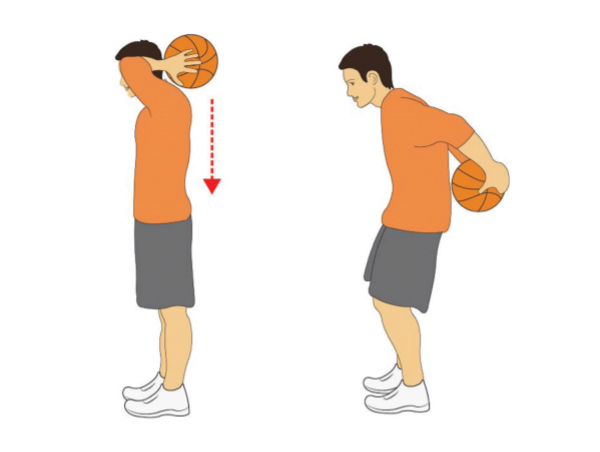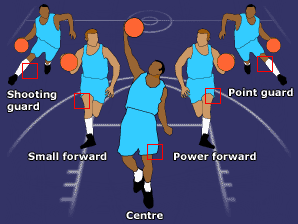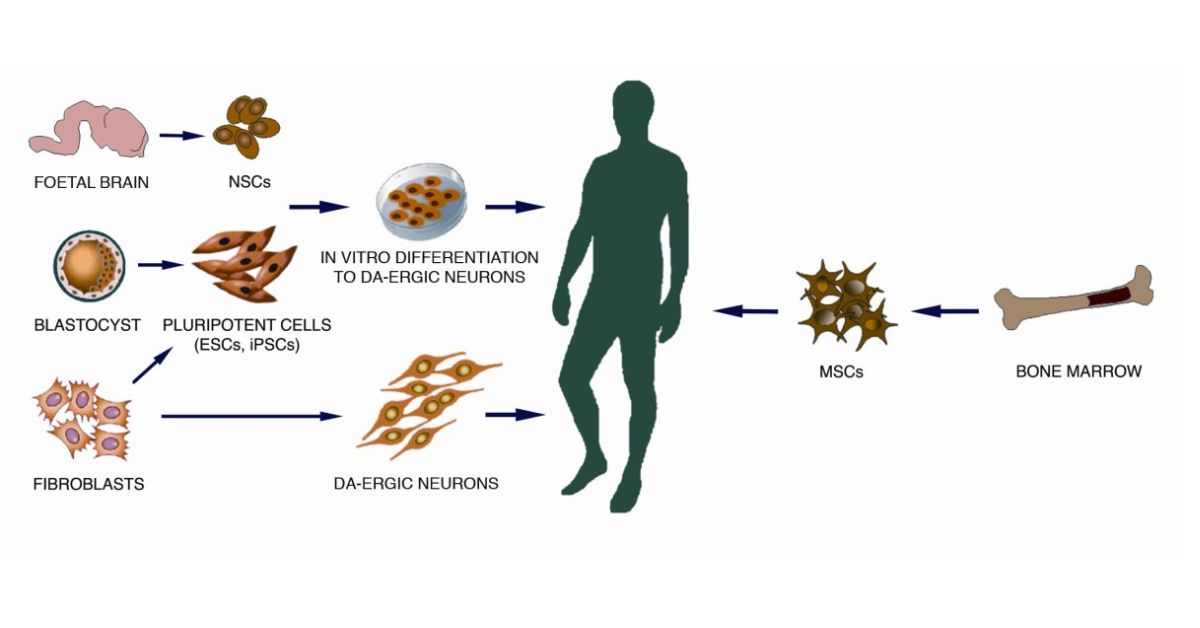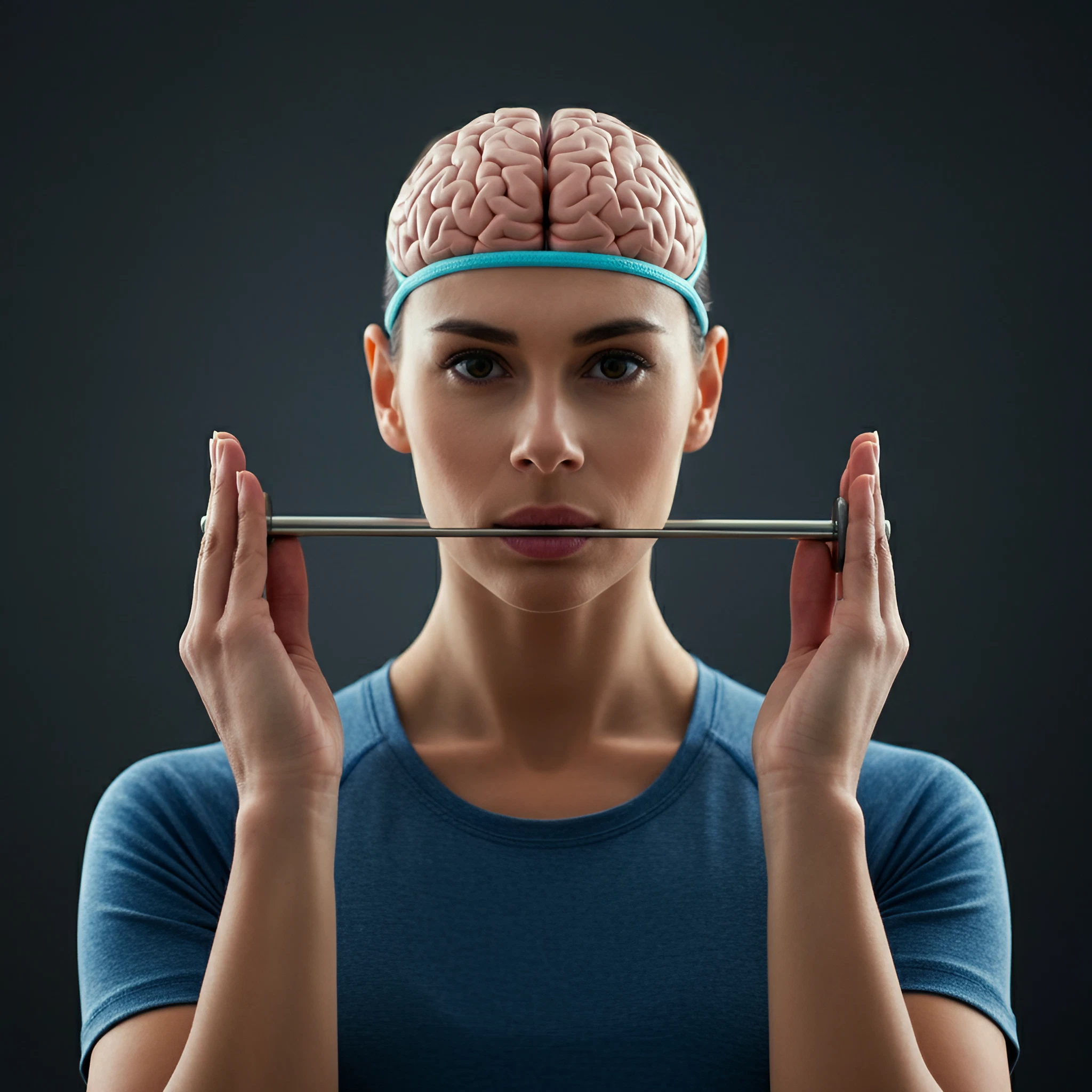When we think about exercising, improving strength, getting fitter, or toning up often comes to mind. But did you know that exercise is just as beneficial for your brain as it is for your body? Science is clear on this—moving your body can transform your mind.
Whether you’re looking to boost memory, sharpen focus, manage stress, or protect against cognitive decline, exercise offers incredible brain benefits. This guide walks you through the connection between exercise and brain health, exploring how different forms of physical activity uniquely support your mind.
How Exercise Boosts Brain Function
Wondering how a brisk walk or lifting weights impacts brain power? It comes down to biology.
The Science Behind Exercise and Brain Activity
Every time you exercise, your heart rate increases, pumping oxygen-rich blood to your brain. This extra oxygen fuels brain cells and keeps them performing at their peak. Exercise also promotes the release of brain-derived neurotrophic factor (BDNF), a protein responsible for neuroplasticity. Put simply, neuroplasticity is the brain’s ability to adapt and grow, creating new neural connections that improve memory and learning.
Role of Oxygen and Blood Flow
Exercise increases cerebral blood flow, delivering much-needed nutrients and oxygen to brain tissues. This boost improves cognitive performance and focus while protecting your brain from stress hormones like cortisol.
Supporting Brain Growth Through Exercise
Beyond improving function, exercise also stimulates the growth of new neuronal cells. This process, known as neurogenesis, is essential for maintaining your brain’s health as you age.
The Brain Benefits of Different Types of Exercise
Not all exercises are created equal when it comes to their effect on mental clarity and emotional well-being. Here’s a breakdown of how various activities uniquely benefit your brain:
Aerobic Exercise and Brain Health

Aerobic exercises like running, swimming, and cycling continually prove their worth for brain health.
- Improves Memory and Learning: Cardio encourages the release of brain-enhancing chemicals like BDNF, supporting memory retention and new skill acquisition.
- Reduces Stress and Anxiety: Aerobic exercise decreases levels of stress hormones and increases endorphins, leaving you feeling calm and refreshed.
- Best Aerobic Exercises for Cognitive Benefits:
- Jogging or brisk walking
- Dancing
- Swimming laps
Strength Training and Mental Clarity
Don’t underestimate the brain benefits of lifting weights or resistance training!
- Boosts Brain Function: Strength training increases functional connectivity in your brain, which is essential for multitasking and problem-solving.
- Strength and Resilience Connection: Studies show a link between improved muscular strength and enhanced emotional resilience.
- Best Strength Exercises for Brain Health:
- Deadlifts
- Bodyweight squats
- Resistance band exercises
Yoga and Mindfulness for Mental Well-Being
Yoga combines deep breathing, postures, and mindfulness for mental clarity and stress reduction.
- Reduces Stress and Enhances Focus: Yoga lowers cortisol levels and trains mental focus through its meditative practices.
- Deep Breathing and Cognitive Function: Techniques like diaphragmatic breathing help supply oxygen to the brain, reducing mental fog.
- Best Yoga Poses for Brain Stimulation:
- Downward Dog
- Warrior II
- Child’s Pose
High-Intensity Interval Training (HIIT) and Brain Performance
HIIT’s short bursts of intense effort deliver more than just physical rewards.
- Boosts Memory and Decision-Making: Intense activity pushes your cardiovascular system to peak performance while enhancing memory and quick thinking.
- Enhances Mental Agility: HIIT optimizes brain reaction times by sustaining high focus during rapid transitions.
- Best HIIT Exercises for Cognitive Benefits:
- Sprint intervals
- Mountain climbers
- Burpees
Balance and Coordination Exercises for Cognitive Health
Activities that challenge coordination, like dancing or tai chi, are beneficial for both mind and body.
- Improves Brain Function: Balance exercises strengthen the cerebellum, which is involved in motor control and coordination.
- Connecting Coordination and Neuroplasticity: These exercises force your brain to build new pathways, enhancing overall adaptability.
- Best Balance Exercises for Mental Sharpness:
- Tai Chi
- Yoga balance poses
- Coordination drills like agility ladders

How Exercise Helps Prevent Cognitive Decline
Can exercise help ward off dementia or Alzheimer’s? Research certainly suggests so.
- Reduces Risk of Dementia: Studies show regular physical activity significantly lowers your chance of developing Alzheimer’s and dementia.
- Protective Effect Against Aging: Exercise boosts brain resilience, reducing oxidative stress and inflammation, which are linked to aging-related cognitive decline.
- Recommended Routines for Brain Health:
- Combine cardio and strength training at least 3–5 times per week.
- Include meditative practices like yoga for stress management.
The Psychological Benefits of Exercise
Beyond improving cognitive performance, exercise has positive effects on emotional well-being and mental health.
- Fighting Depression and Anxiety: Physical activity stimulates the production of endorphins and serotonin, hormones that lift your mood.
- Exercise and Emotional Well-Being: Regular workouts foster a sense of accomplishment, improving self-esteem and reducing emotional barriers.
- Best Exercises for Mental Health:
- Hiking in nature
- Cycling outdoors
- Mindful yoga sessions
How to Create a Brain-Boosting Workout Routine
Developing a brain-boosting exercise plan doesn’t have to be complicated.
- How Often Should You Exercise for Cognitive Benefits? Aim for at least 150 minutes of moderate activity each week or 75 minutes of intense activity.
- Mix it Up for Maximum Benefits:
- Combine aerobic workouts with weightlifting for the best results.
- Add yoga or tai chi for stress relief and brain stimulation.
- Stay Consistent:
- Start small and build up gradually.
- Align your workout with daily habits to make it easier to stick with.
Start Moving for Your Mind
The brain benefits of exercise are undeniable. From improving memory and reducing stress to protecting against cognitive decline, every step, stretch, or weight lifted makes a difference.
The key? Variety. Mixing different types of exercise keeps your mind and body engaged, ensuring maximum reward for your efforts. Start incorporating regular movement into your routine today, and witness your brainpower grow stronger with every workout.
FAQs
What type of exercise is best for brain health?
No single type of exercise is superior. Combining aerobic, strength training, yoga, HIIT, and balance workouts delivers the best all-around brain benefits.
How often should I exercise to improve cognitive function?
At least 3–5 sessions per week, totaling 150 minutes of moderate activity or 75 minutes of high-intensity exercise, is ideal for enhancing brain health.
Can exercise help with anxiety and depression?
Yes! Exercise stimulates endorphin and serotonin release, which help combat anxiety and depression, leading to better emotional well-being.
Is yoga as effective as cardio for brain health?
Yoga and cardio benefit the brain in different ways. Yoga is excellent for stress management and focus, while cardio supports memory and learning.
What are the best exercises for preventing dementia?
Combining aerobic activities, strength training, and balance exercises like tai chi has been shown to reduce the risk of dementia effectively.

Dominic O. McCoy is a passionate writer who loves crafting engaging and informative blogs on a wide range of topics. With a deep curiosity and a knack for storytelling, he explores everything from lifestyle and technology to business and home improvement. Whether breaking down complex ideas or sharing practical tips, McCoy aims to deliver valuable content that resonates with readers. When he’s not writing, he enjoys learning about new trends and expanding his knowledge to bring fresh perspectives to his work.





























































































